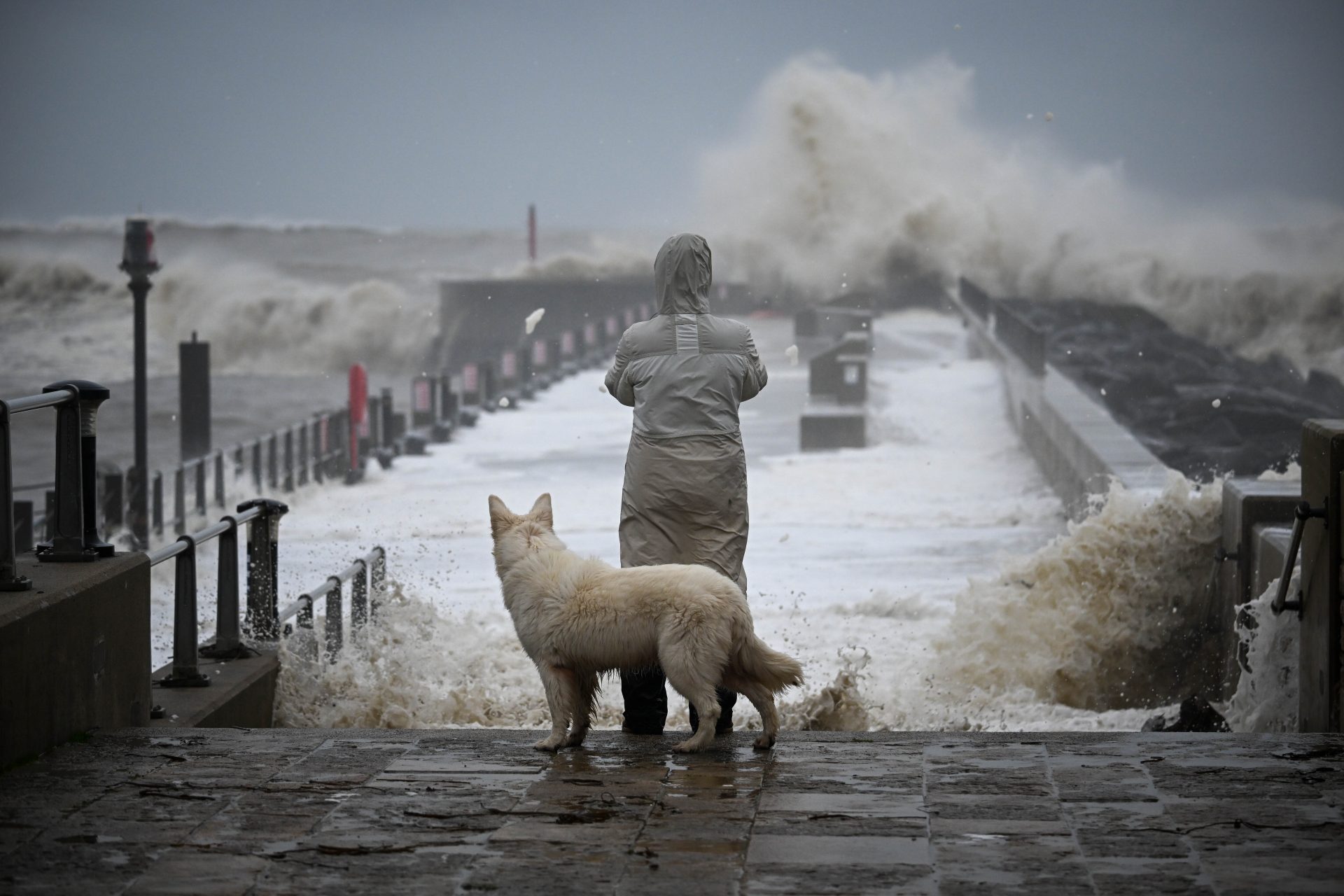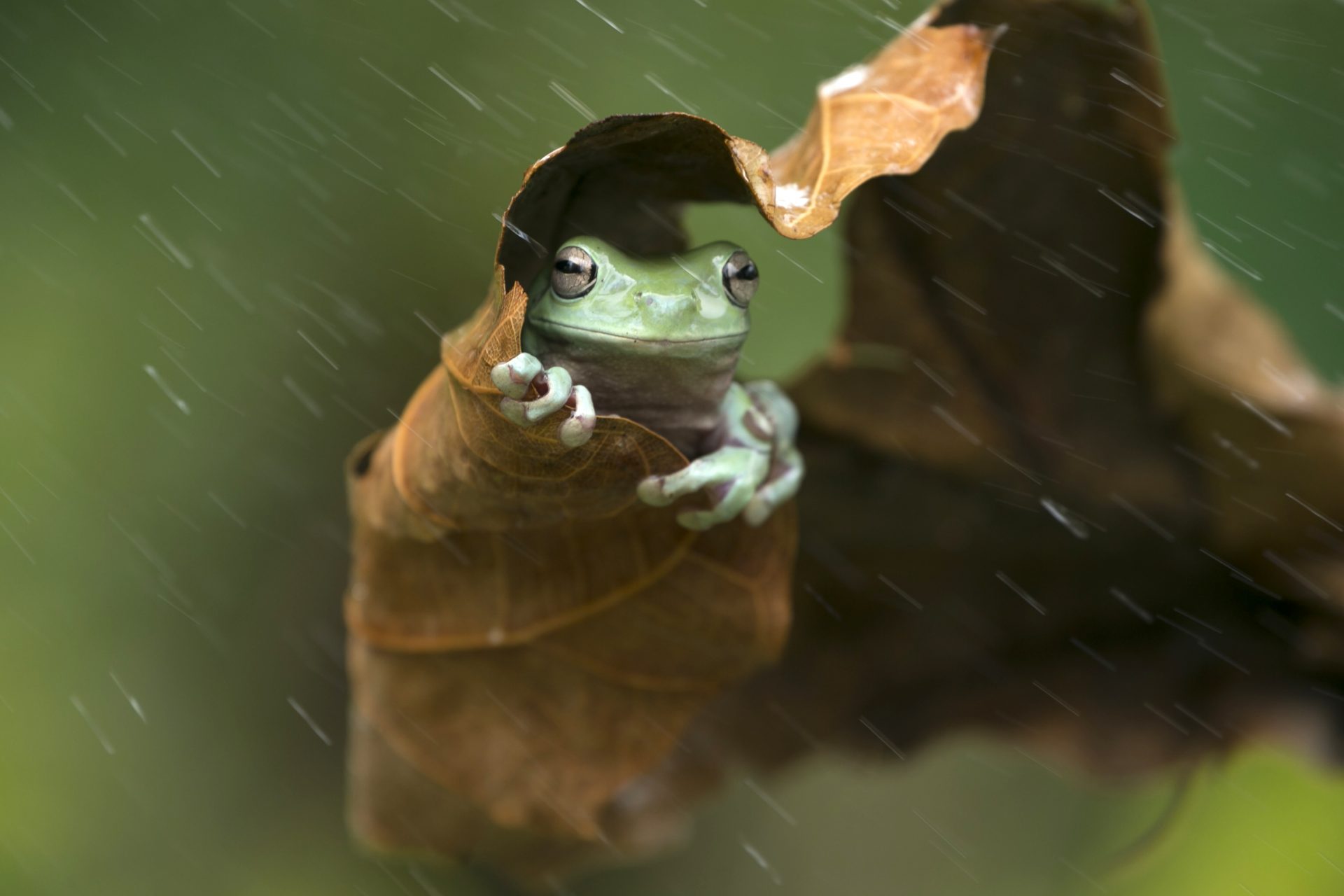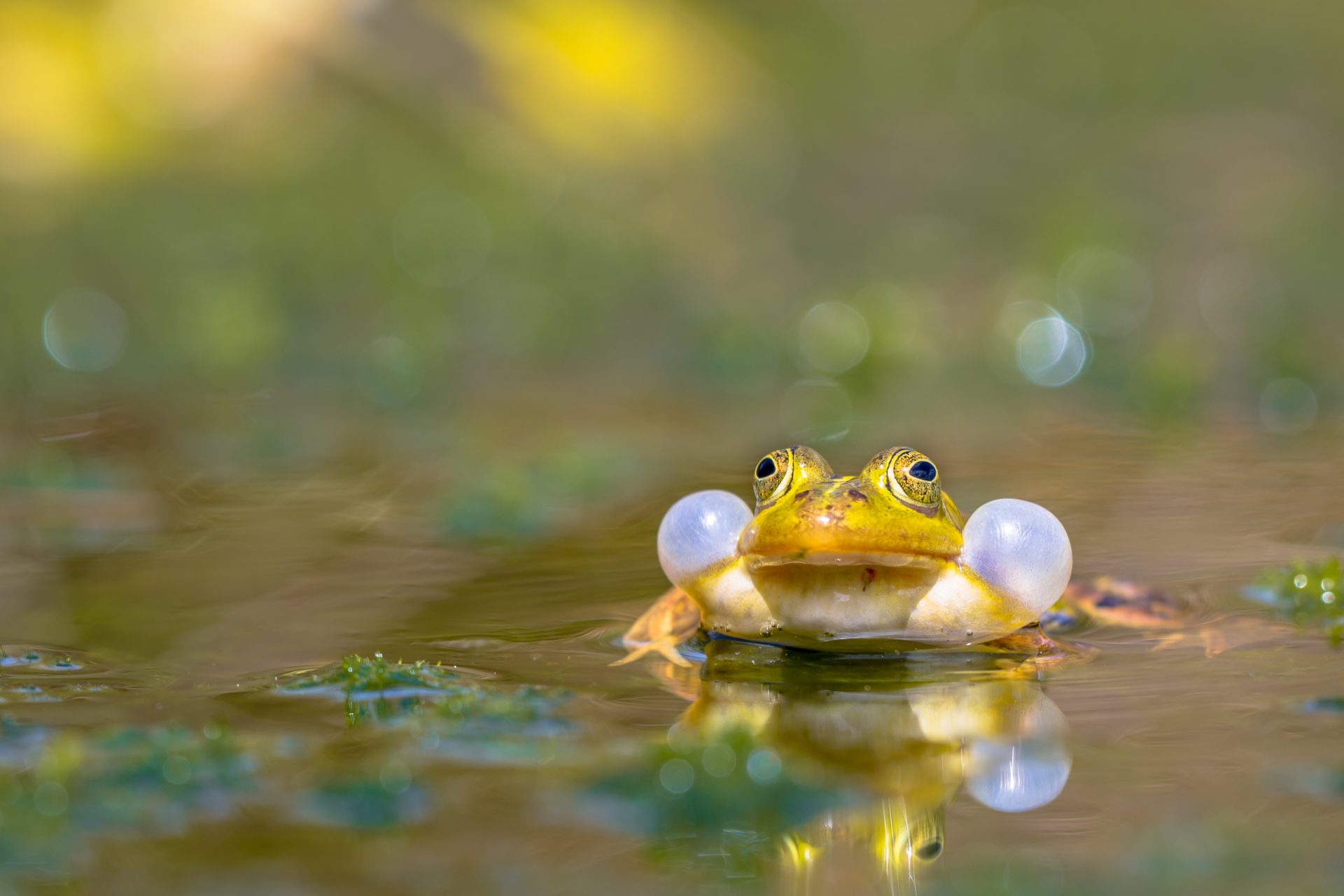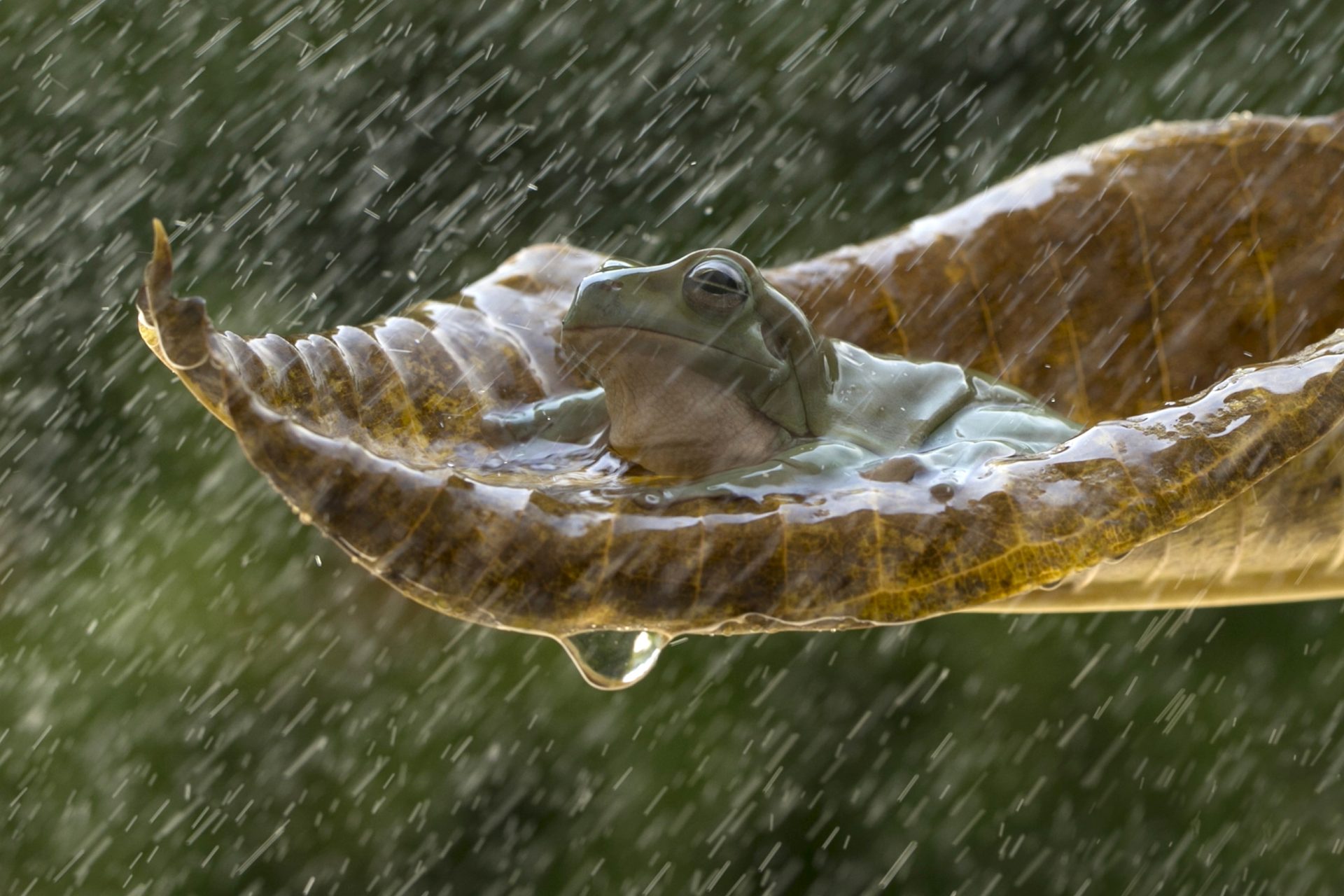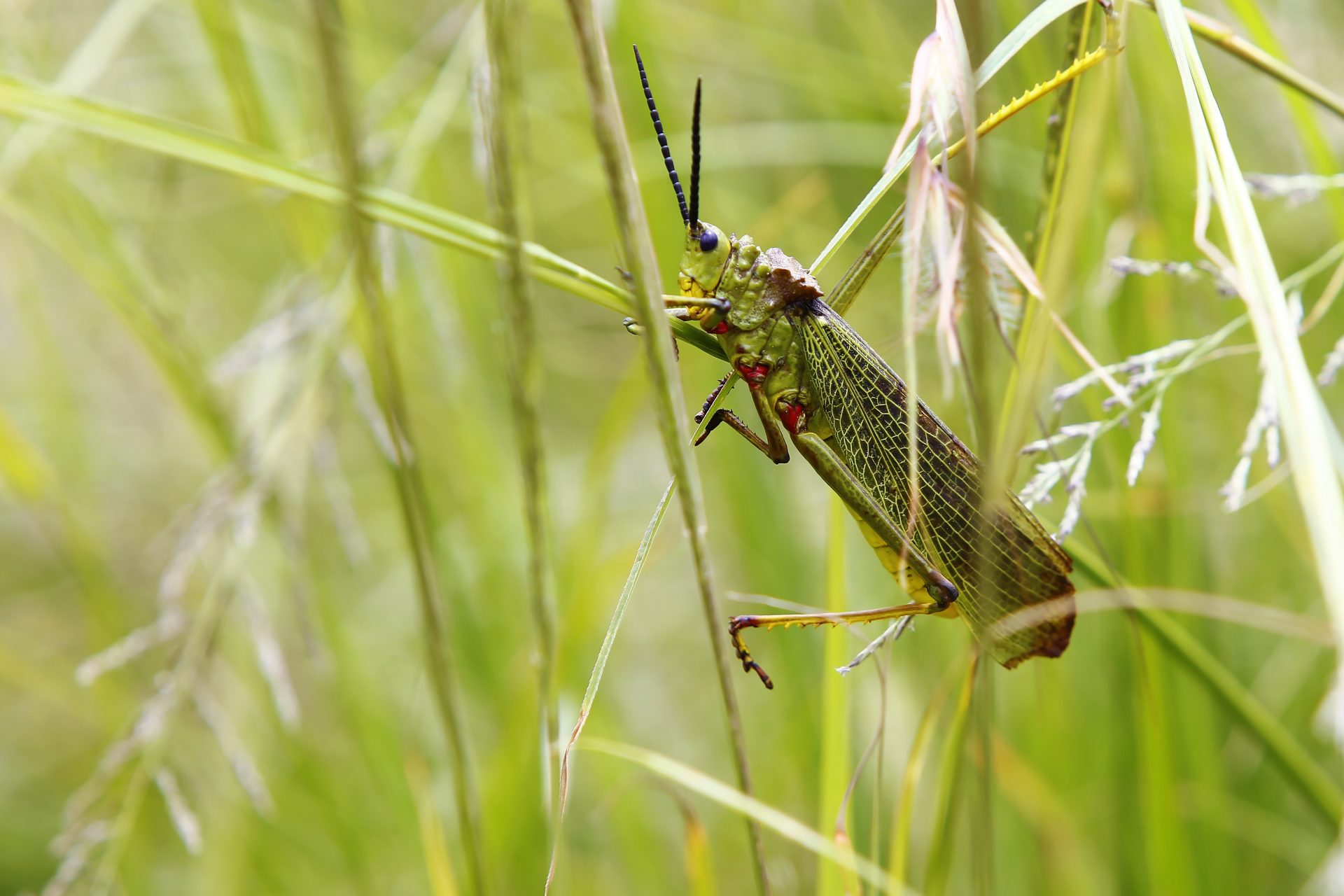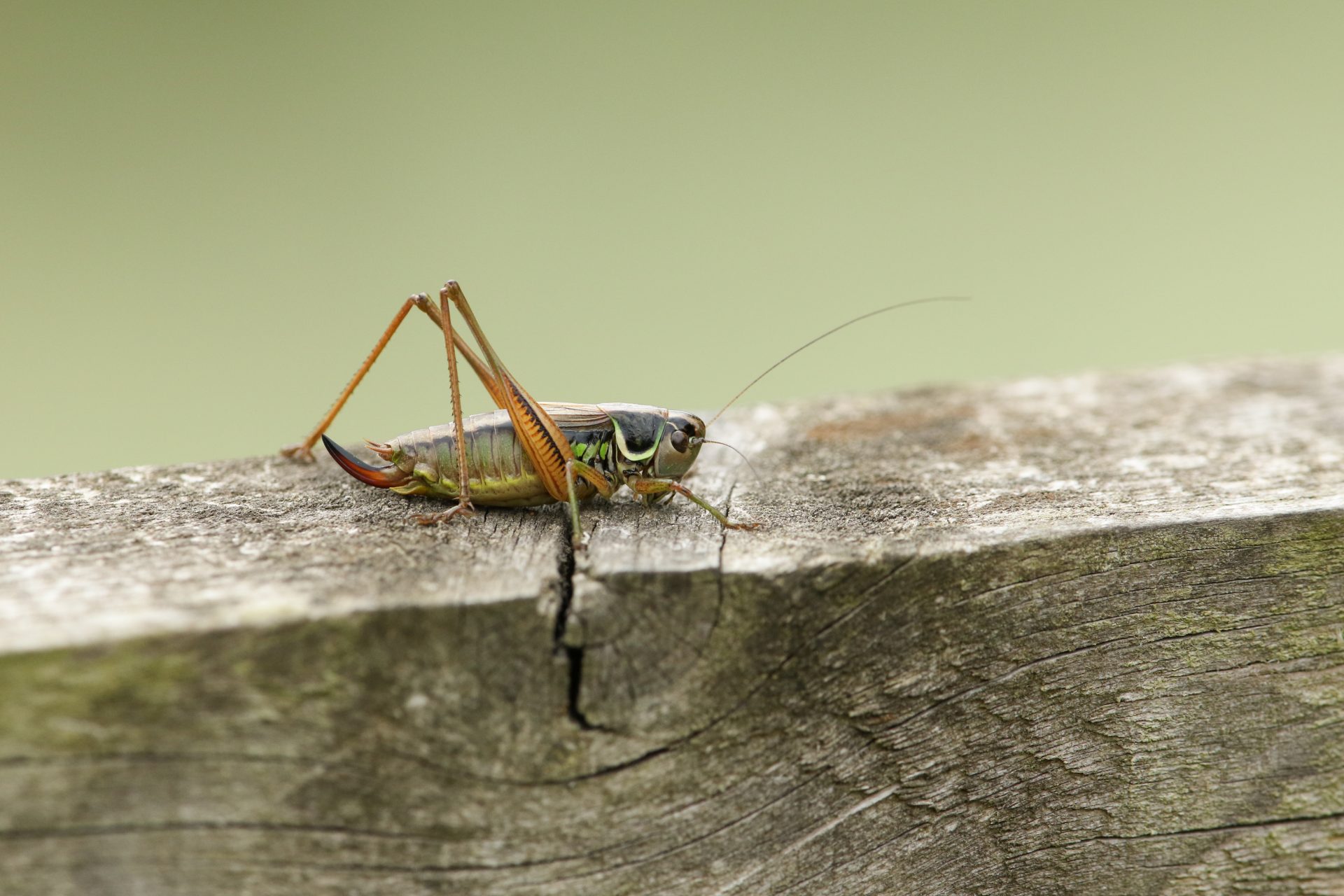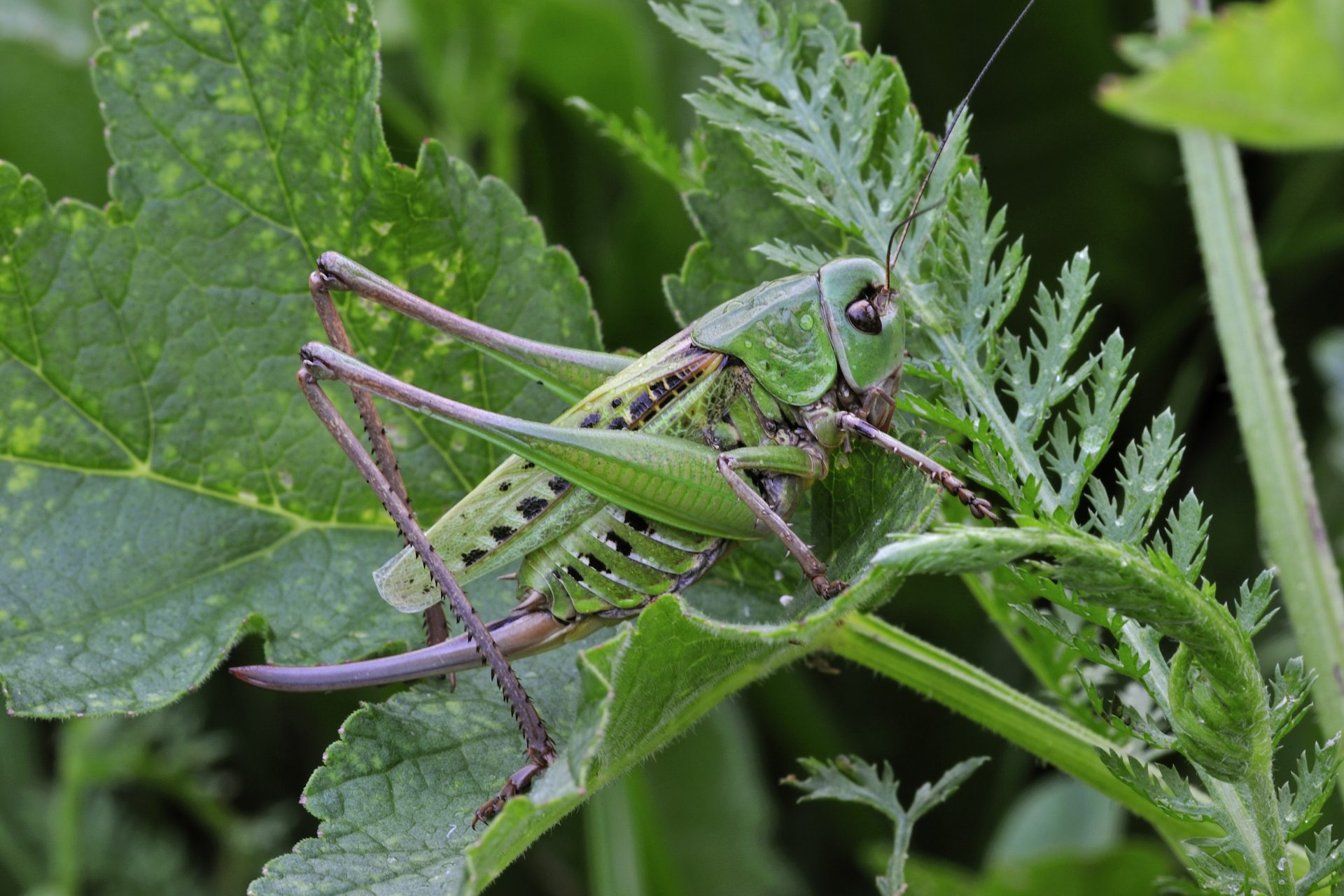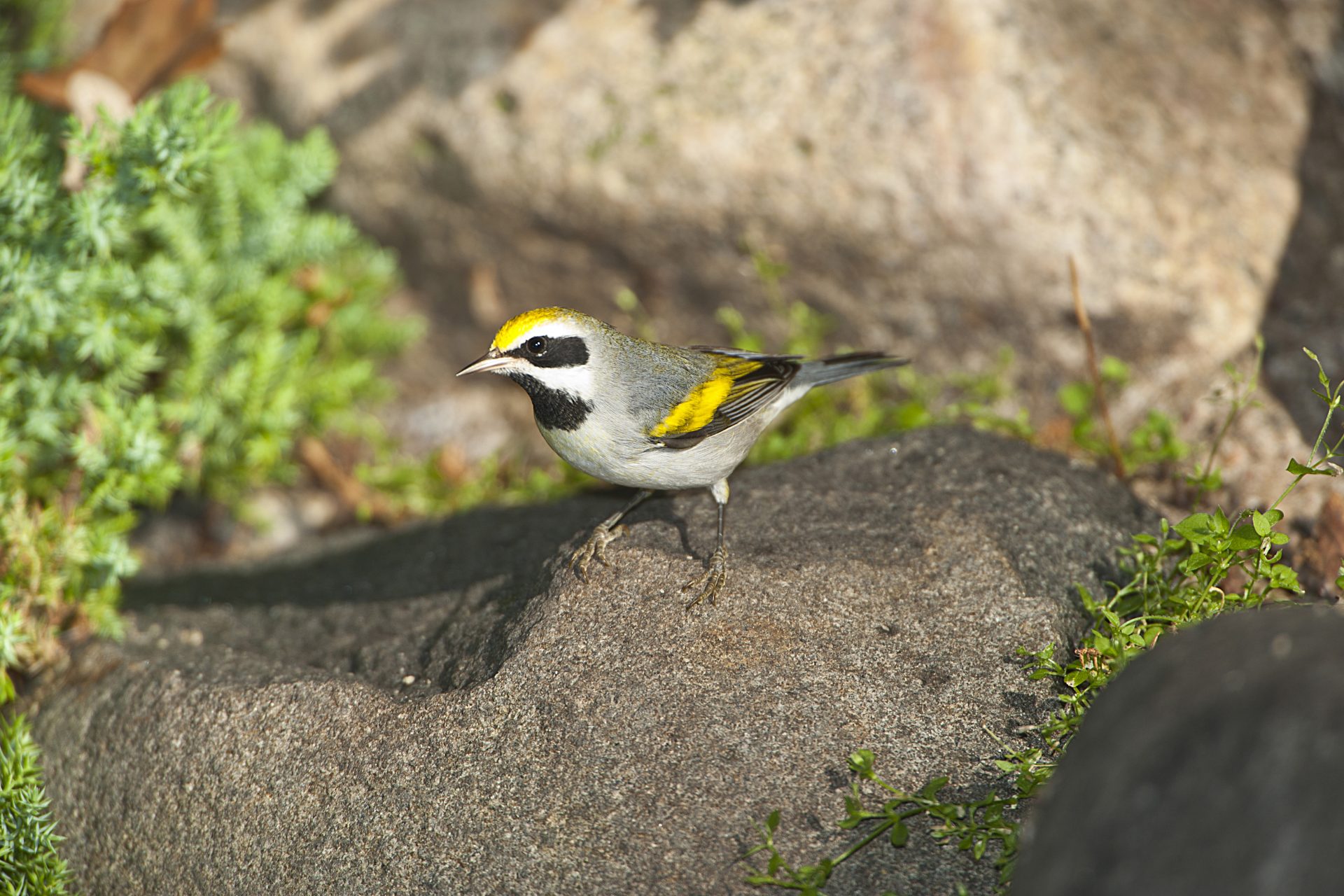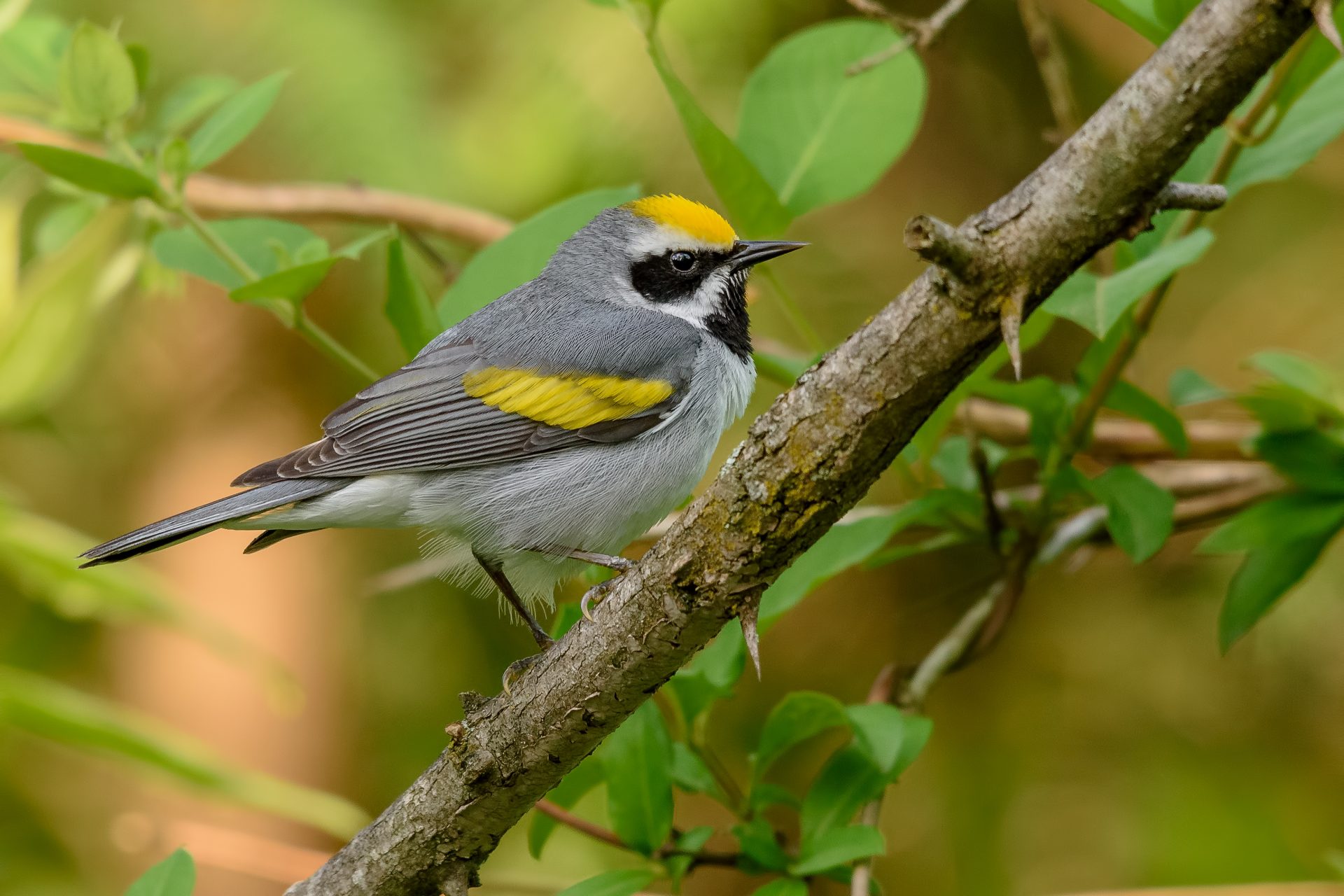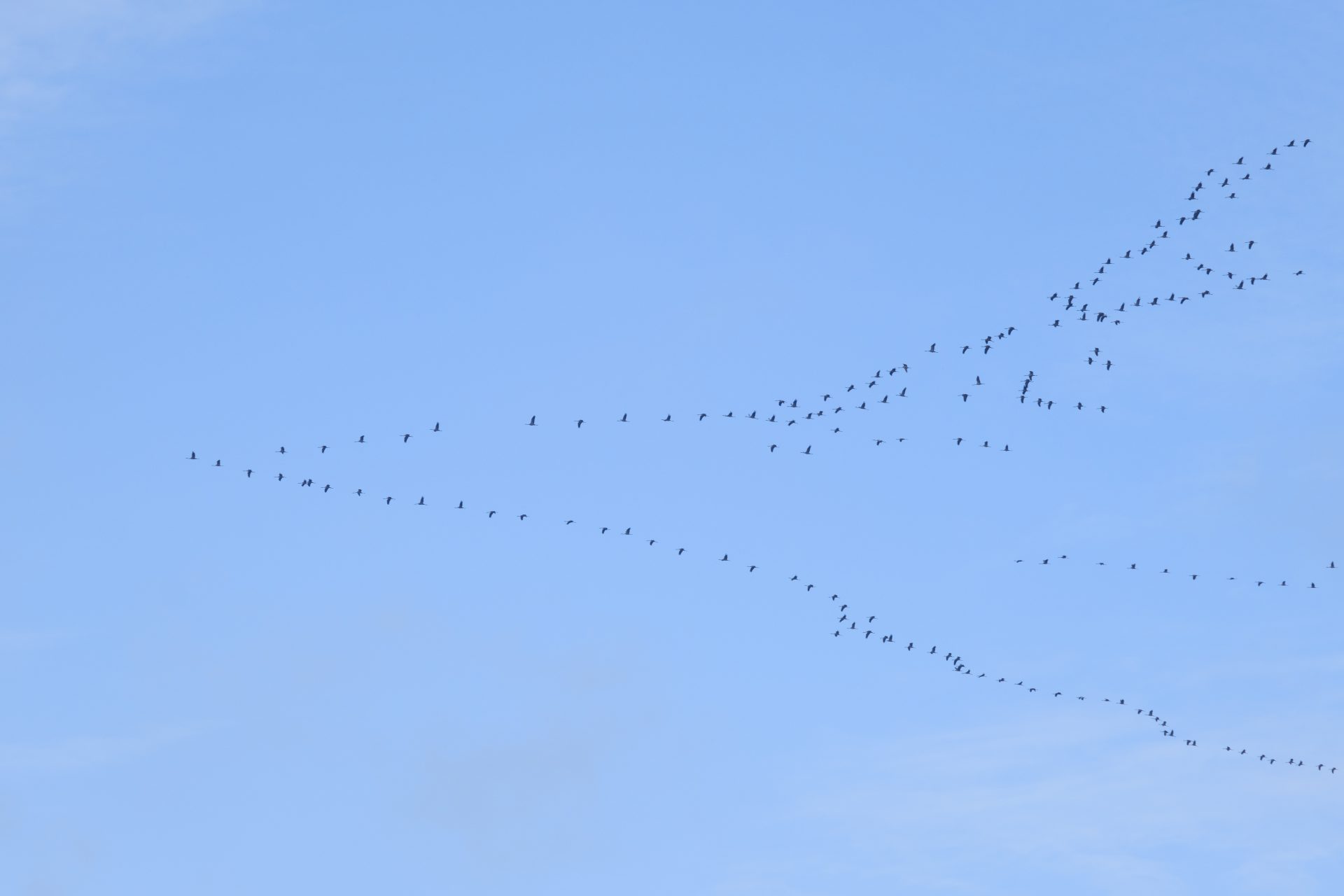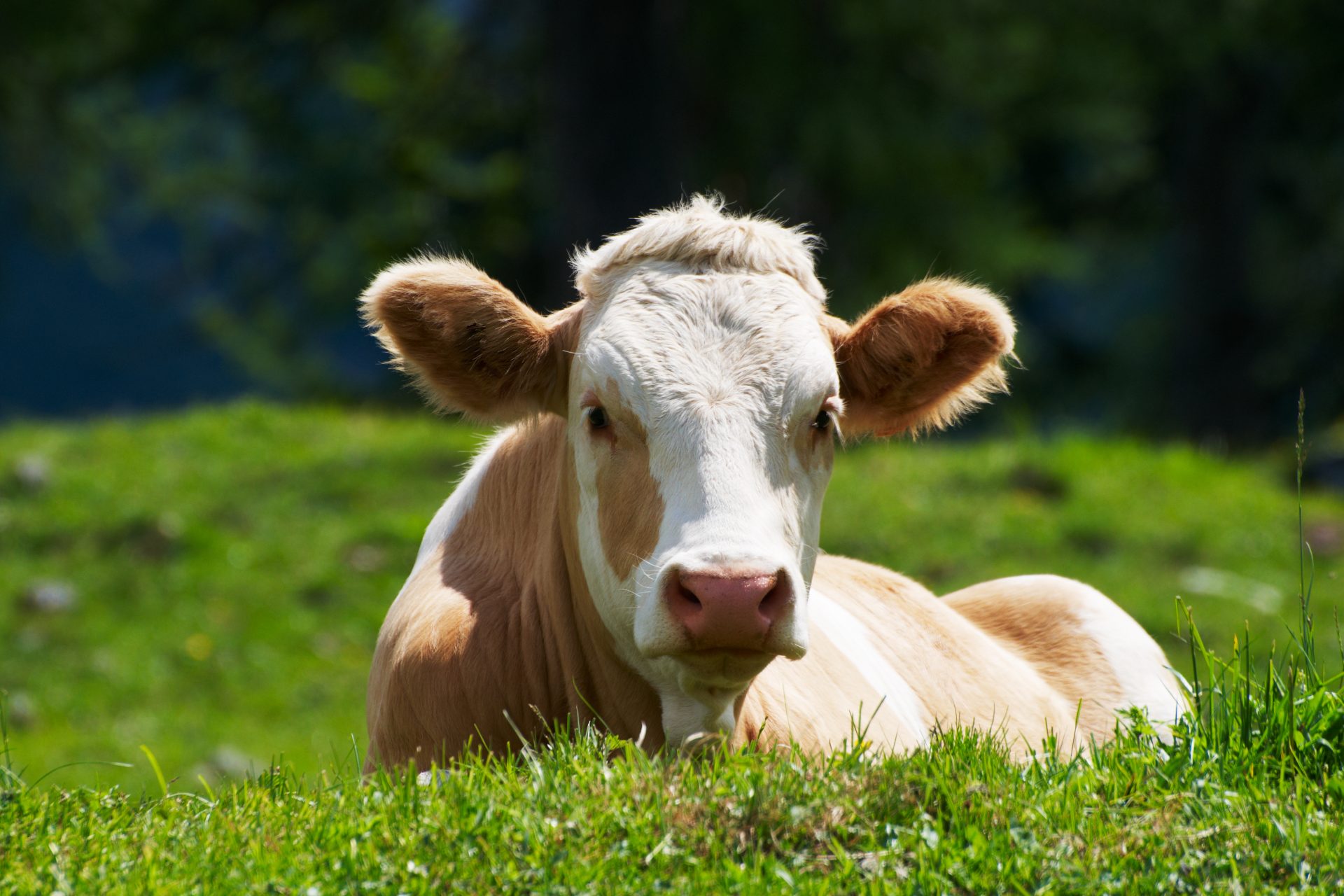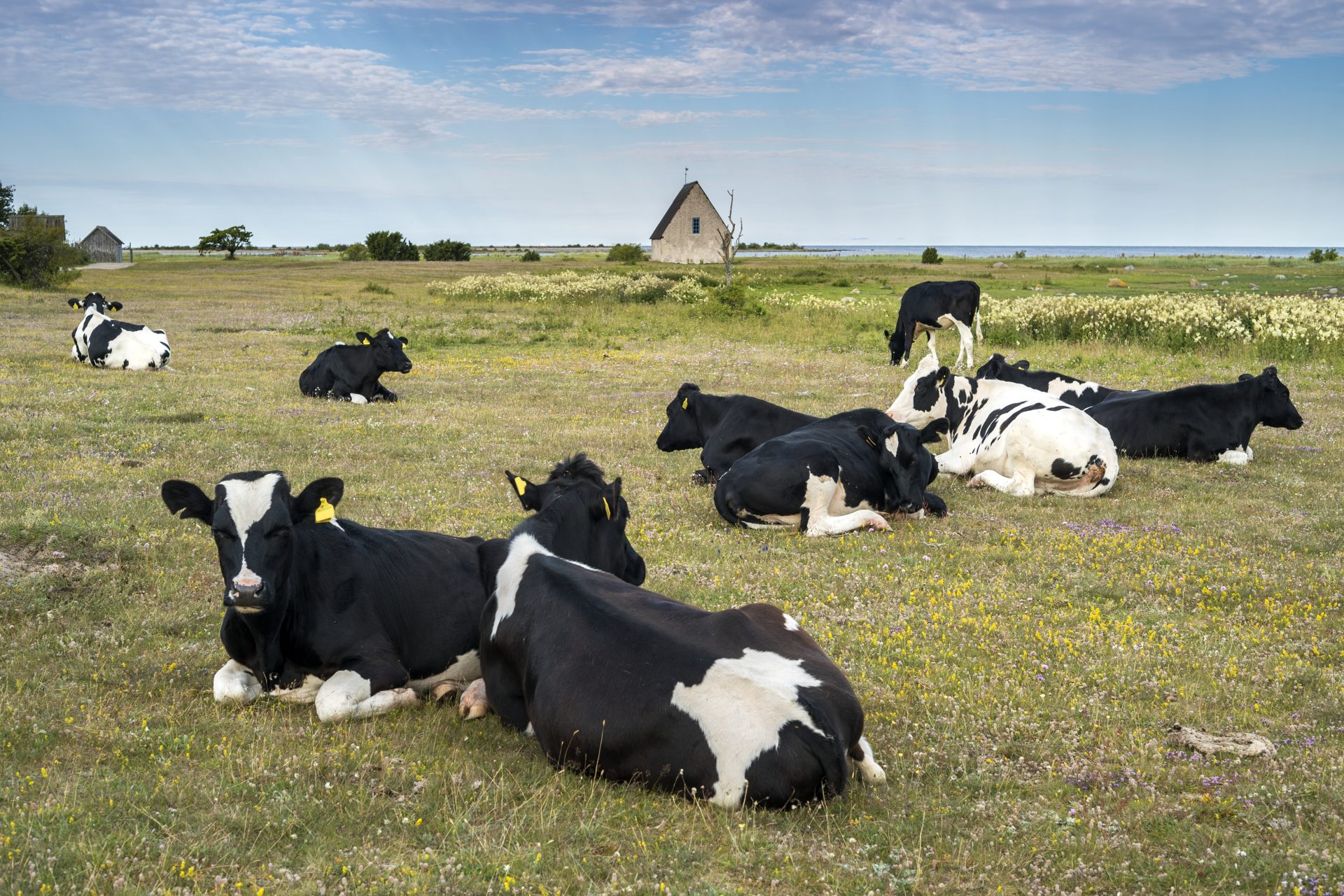Nature's prophets: Animals that can predict the weather
Americans eagerly await Groundhog Day each year, as they look to Punxsutawney Phil to predict the arrival of spring. While this age-old tradition brings excitement and humor during the winter months, the accuracy of Mr. Groundhog's weather predictions is questionable.
However, there are several animals that have a better track record of predicting the weather. Click on to learn about which creatures from the animal kingdom are good at predicting the weather!
According to Old Farmer's Almanac, frogs are a pretty reliable when it comes to predicting storms! If you hear frogs croaking louder than normal than there is a high chance it is going to rain.
According to an article on this phenomenon by CNN, Dr Gordon Miller, a professor emeritus of environmental studies at Seattle University, confirmed that frogs can indeed predict rain.
Dr Gordon told the publication: “Many twentieth-century herpetologists have confirmed and clarified the traditional observation that various species of frogs sometimes utter a distinctive vocalization, a ‘rain call,’ a short time before wet weather. Miller added that these call “are perhaps triggered by a rise in humidity prior to precipitation.”
This is a sort of old farmers tale that have been proven true! According to paper on the subject from University of Nebraska–Lincoln's Department of Entomology, the number of cricket chips can accurately tell you the temperature!
As CNN points out, crickets are "ectotherms, meaning their body temperature changes with that of their surrounding environment — and they routinely chirp faster in warmer weather." Therefore, at least in theory, the temperature can be estimated by counting the chirps crickets make.
According to the University, the easiest way to do this is to count the number of chips in 15 seconds and then add 40. The sum will give you the current temperature with a few degrees of accuracy in Fahrenheit. However, you must remember that crickets do not sing when the temperature is less than 55ºF or above 100ºF, so you should probably hold on to your thermometer just in case!
A study published in the journal Current Biology in December of 2014 found that Golden-winged warblers evacuated an area of Tennessee over 24 hours before a horrendous batch of tornadoes devasted the area.
The authors of the study hypothesized that the migratory birds could hear infrasound (frequencies of sound too low for human ears). The infrasound heard by the birds was associated with storms so the Golden-winged warblers knew it was best to leave the area.
According to the Old Farmer's Almanac, birds may be the best animal at predicting the weather. The publication states that depending on how low our feathered friends are flying, we can gauge how bad the weather is going to be.
According to BBC Science Focus, scientists say that if birds are flying high, the weather is clear. But if they’re flying closer to the ground, it is because of the air pressure of a storm system is causing them pain at higher altitudes.
As Farmer's Almanac points out, there are a LOT of old sayings about cows and the weather, such as “When cattle lie down in the pasture, it indicates early rain.”
This theory is a little trickier because cows of course can lie down for a number of reasons. However, an article by BBC Science Focus says that a theory from 2013 based on a study in the United States found cows stand more often in hot weather as standing allows them to cool off better. So some believe that the chill in the air prior to rain encourage cows to lie down to preserve their body heat.
So this theory would be hard for the average person to notice, but it has in fact been proven true! According to an article from the National Science Teaching Association, shark tracking patterns show that they often react to approaching hurricanes and tropical storms by diving into deeper waters.
Experts hypothesize that sharks have sensitive ears and detect changes in both the water and air pressure prior to the arrival of hurricane. While this theory has yet to be proven, the data does indeed show that sharks dive deep prior to tropical storms to avoid the mayhem.
More for you
Top Stories




